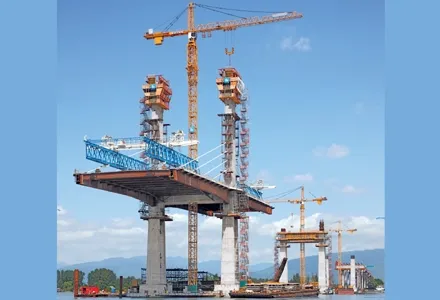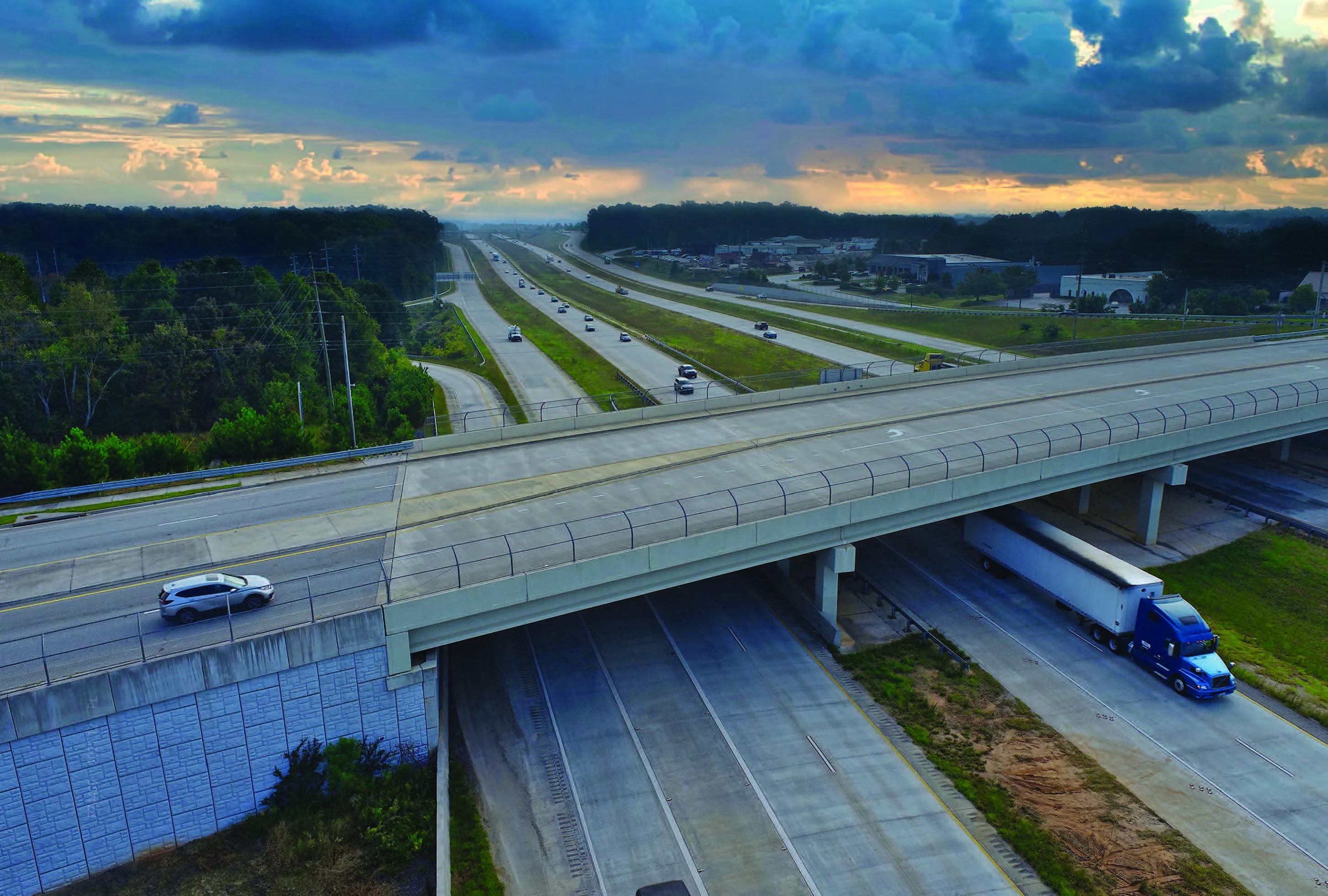Egis has signed a contract for the operation and maintenance of the Gebze-İzmir highway in Turkey. The agreement was signed with OTOYOL, the concessionaire for the Turkish General Directorate of Highways (KGM). This is the second major contract award for Egis in Turkey, following the Eurasia Tunnel deal, for a 5.4km twin-deck tunnel under the Bosphorus. OTOYOL was selected by KGM as the private concessionaire for the project. OTOYOL itself is a firm established for the purpose of the Project by five Turkish
June 25, 2013
Read time: 2 mins

OTOYOL was selected by KGM as the private concessionaire for the project. OTOYOL itself is a firm established for the purpose of the Project by five Turkish companies:
The Gebze-İzmir Project is a tolled highway project procured by KGM under a build, operate and transfer (BOT) model. This is the largest BOT project in Turkey to date. It includes 420km of highway (2x3 lanes) between Gebze (on the North shore of İzmit Bay) and İzmir, as well as a 3km suspension bridge crossing İzmit bay, three tunnels with a total length of 6km and 20 toll stations. The project will be implemented in two phases. The first phase from Gebze to km 58 will include the 3km Izmit bay suspension bridge which is one of the longest suspension bridges in the world by the length of central span









